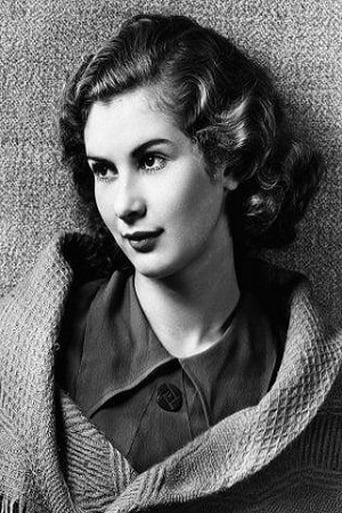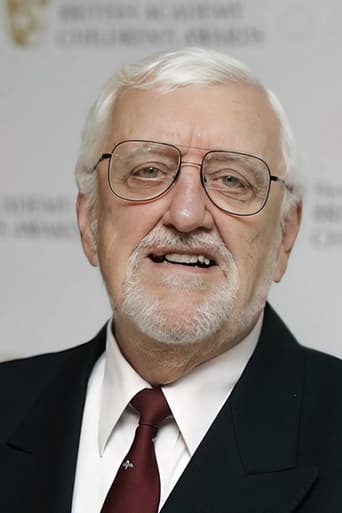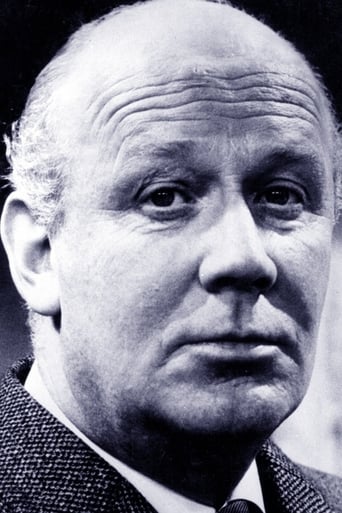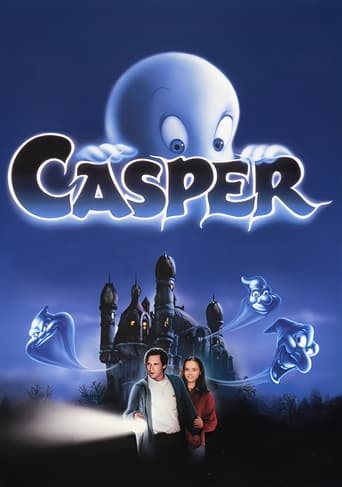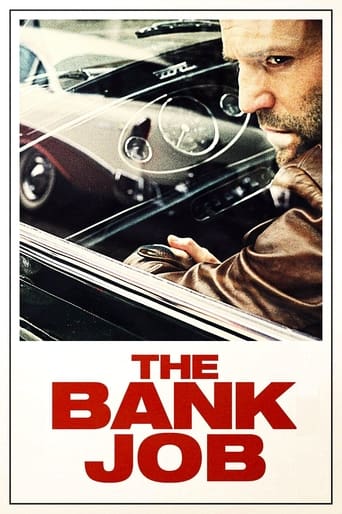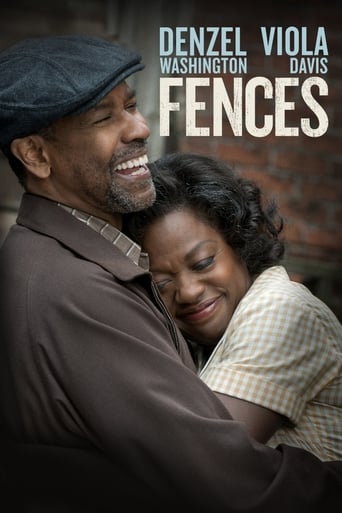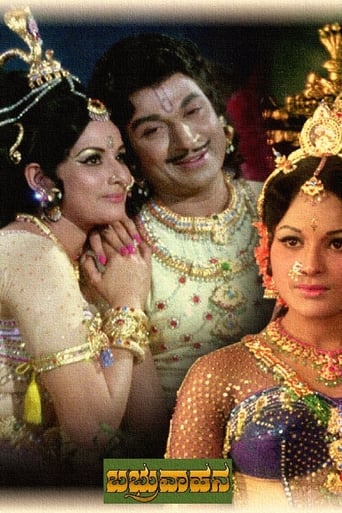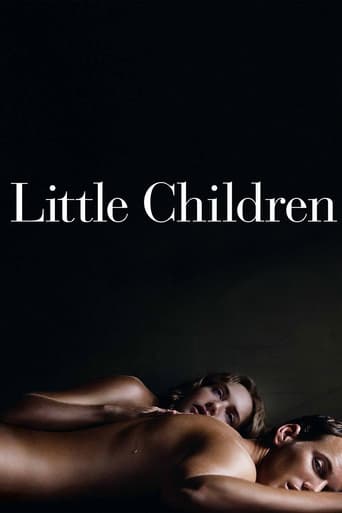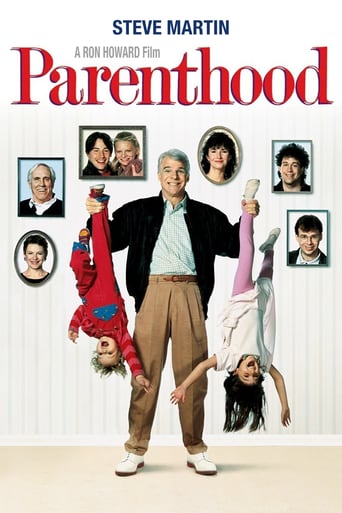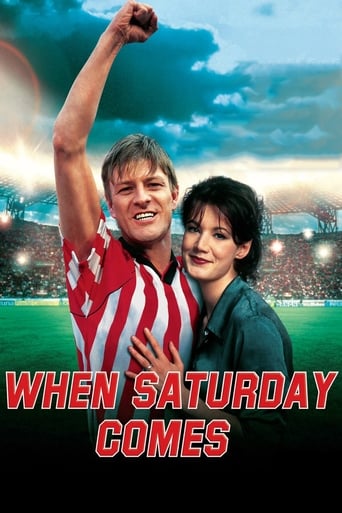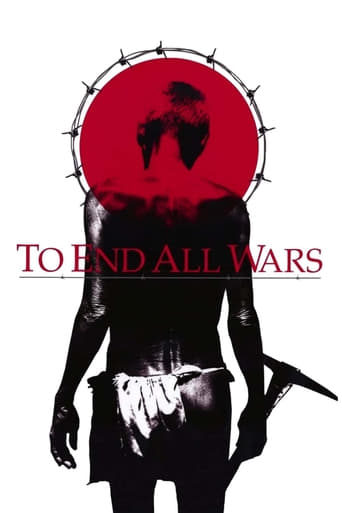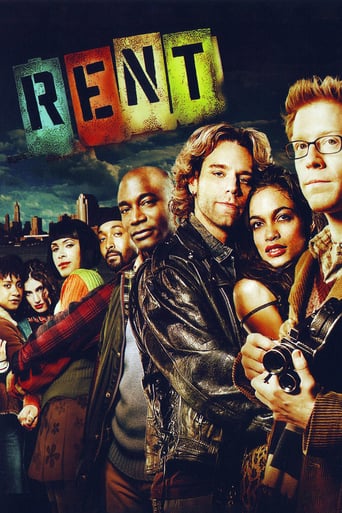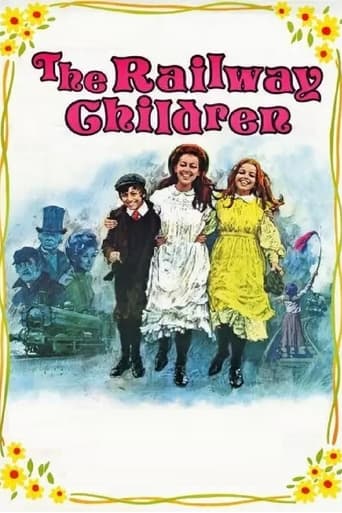
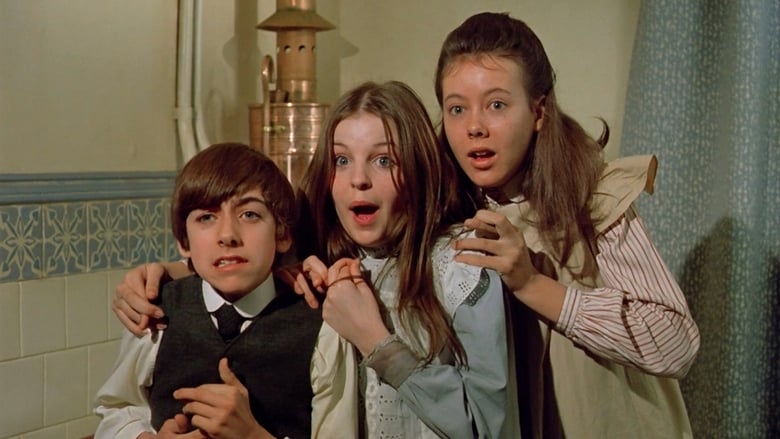
The Railway Children (1971)
After the enforced absence of their father, the three Waterbury children move with their mother to Yorkshire, where they find themselves involved in several unexpected dramas along the railway by their new home.
Watch Trailer
Cast


Similar titles
Reviews
In The Railway Children, a family move to the countryside after their father is wrongfully arrested and while trying to find out what happened to him, the children have adventures on the railway. I as doubtful about this one having seen a dreadful stage version of the story many years ago, but this certainly was a lot better than that. TRC is a children's film that both adults and children can enjoy. It's slightly dated inevitably and inevitably feels a bit sugary, however it manages not to drown itself in syrup like so many other of its kind. Railways have rarely looked cooler and while the adventures are thrilling, well directed and the story has heaps of charm, there's also a moving, more grown up storyline about their father. Therefore, this is a film with a universal appeal and that is why it's a classic. It's likely the best British children's film of all time and mostly it's aged very well.Although 2 of the 'children' are actually in their early 20s, the acting is all around good and Bernard Cribbins is a treat. It's well directed too and it's a shame Lionel Jeffries didn't do more directing. The cinematography fills the film with excitement and also conveys a sense of childlike wonder. The story/screenplay are what makes the film, and it manages to be charming and sentimental without grating songs, talking animals, fart and poop jokes, terrible child actors, pathetic audience manipulation and heaps of clichés like 90% of other children's films. The ending, when the father returns, is a Bambi style tear jerker that won't leave a dry eye in the house. TRC is a very good children's film overall, which although not targeted at me I could still appreciate and it's the rare children's film which I'm actually genuinely happy to watch. A superior kids movie and it's great this came out of Britain. A must for families wanting a break from DreamWorks factory products and railway lovers.9/10
I recently saw this again, having a few months before seen the live production of the play at Waterloo Station in London, which was a wonderful experience. The old Eurostar platforms are not in use for trains and passengers at the moment, so the performance is given on the platforms, and a live steam train actually chugs up the tracks in front of the audience during the story. It is highly recommended, and a joy for all children. This is more than just a children's' classic, however. It is for people of all ages who like a story about a more wholesome and innocent age than the corrupt and decadent one in which we now live. Based on the famous book by E. Nesbit, the screenplay was written by the actor Lionel Jeffries, who also directed the film. It was a labour of love, which shows in every frame. The film is beautifully photographed by our old friend the late Arthur Ibbetson, with Paul Wilson as his operator. It is one of the best jobs that Arthur ever did in his long career. The mother is played by Dinah Sheridan, who as an ingénue played 'Steve' in SEND FOR PAUL TEMPLE (1946, see my review). She is just right for the part, combining the stiff upper lip with warm and deep sympathy and a stoical character in times of adversity. This film was a runaway hit at the box office in 1970, a year in England famous for its spectacularly warm and endless summer, a summer which I spent largely on Primrose Hill. For the past 41 years, this film has never lost its appeal to families and children and those adults who are sentimental by nature. The oldest girl of the family is played by Jenny Agutter, a role which made her famous in England at an early age. In terms of acting, however, Sally Thomsett takes the prize. Agutter went on to appear in 106 films, attracting great admiration, whereas Thomsett, who only appeared in 31 (mostly television, and a lot of comedy), could more appropriately be said to have endeared herself to the British public as a kind of household pet because of her mischievous charm. Bernard Cribbins shines as Mr. Perks, the station master. He has also been a great British favourite (94 titles). Gordon Whiting plays the Russian novelist, but we really don't see enough of him, indicating that the script was cut, as much more is made of him in the play at Waterloo. Beatrix Mackey plays Aunt Emma, but she appears so briefly and meaninglessly that there was really no point in having her. Presumably this also suggests that cuts were made in the film as released. (I wonder what a 'director's cut would look like?) Deddie Davies does very well as Mrs. Perks. William Mervyn looks exactly right as the Old Gentleman, especially when waving benignly from the train. The casting for this classic was certainly spot-on. This film is of timeless appeal to all good folk, but especially those who are still enwrapped in the golden dream of childhood. These laurels are certainly sufficient for Lionel Jeffries to rest on, although he also has so many others.
The Railway children is so exciting and it tells us more about the victorian days. This film is very interesting and conveniant about the situation of these three young children... Because there has been a mistrey with there father the three young children are very worried and scared about living in the country side. I have enjoyed watching this film several of times and it brings yourself into the story.This story tells you more about the steam engines and how children love to ride on trains.It would have been more interesting if they had to go to a new school as well and bring new teachers up as friends. As well as the children being scared it is also there mother because now there father has gon to jail there mother cannot aford to get a job and look after the children by herself.
What is enjoyable about watching random movies at random times is that one never quite knows what to expect or where the next great piece of cinema will emerge. Recently, my viewing has taken the form of stapled classics like "Raging Bull" or "Raiders of the Lost Ark", but this time my VCR took me away from modern conveniences and plopped me right down in front of Lionel Jeffries' "The Railway Children". This is a skillfully directed film about three youthful children, a mysterious event with their father, relocation to the open fields of England, and eventually the rewards inherited by merely waving at trains. At first glance this seemingly simple children's film doesn't seem all that hopeful as it has been lost on VHS rarity for some time, but within the first fifteen minutes of this film, one realizes that it is more than just your common place children's movie – "Railway Children" was created during a time when purity was more than just saying "no", when family meant everything, and where adventure was ready for you around every railroad track bend. This is more than an adorable film, it has amazing cinematic techniques used, it keeps the regular viewer glued to the screen with unanswered questions, and gives three perfect companions to follow along this 110-minute voyage. "Railway Children" is a lost treasure that needs to be seen by families and film aficionados alike.There are several moments that stand out proudly in "Railway Children" that transform this from mediocrity to excellence – one happens to be our three children; Bobby, Phyllis, and Peter. Modern cinema assures us that these three children cannot provide ample darkness, laughter, and insight into the world surrounding them, but Jeffries' children prove otherwise. From intelligently spoken lines (both from acting and the script), to sincere kindness and dedication to this small village, all the way to the final meeting at that train stop; these children are more than just child stars advancing a story, they are leading us with emotion, persuasion, and a realism unseen by today's children. There is more imagination packed in this small VHS than I have witnessed in film for years. A favorite scene that could have been handled with generality, of which I have seen in other films, was the birthday scene for Bobby. The way that Jeffries floats her between guests and gifts was exciting and refreshing, keeping our eyes excited about each scene, as well as our mind. Another scene that captured my attention was when the children were working on gifts for Perks, when asking one man for a gift, Jeffries has him merely state, "No, I will not. I don't like Perks." The children's reaction is hilarious – providing moments for both children and adults to enjoy throughout. Filmed in the 1970s, this tiny feature provides genuine laughs than most modern comedies. It is a creative film coupled with great choreography and direction.That is to say, as much as I loved this film, it wasn't perfect. Jeffries does a great job of keeping us guessing as to what happened to father, but it did feel like the event occurred, the children were kept in the dark, and it suddenly resolved itself by the end. More detail to father, not much more, would have solidified his character and given us the opportunity to see more of the children's reaction. Also, there is one scene in this film, one of those grandiose wide-screen shots of the English countryside that is just breath-taking, but when looking a bit closer you happen to see cars in the background. It made me chuckle, but didn't distract too much from the overall picture. Cinema like this is sorely missed today, and oddly, it seems that only the British have the gumption to produce it. Films like "Love, Actually" or "Vicar of Dibley" demonstrates the power and excitement for community towns, places where everyone knows everyone and we aren't afraid to be neighborly. This is more of a theme that American audiences could have more of – more understanding of what is happening outside, instead of remaining secluded to your own events.Overall, I loved "Railway Children". I didn't know what to expect when I first put it in the VHS player, but from the opening scene, to the exploding train set, to Perks birthday, Jeffries proved that he could handle the most child-friendly story with ease. His ability to make the child actors feel like real characters, to involve the adults less, and to involve the children like they were adults was outstanding. This is a film to be viewed as a strong alternative to anything Disney releases. The continually occurring themes of friendship, kindness to strangers, and forgiveness blasts through the TV with grace and power. "Railway Children" is more than just a kid's film; it is a feature that should be a staple to modern audience viewing. Not only does it give a great visual to the English countryside, but it also teaches (and shows) how life would be greater with an emphasis on imagination and courage, instead of fighting any CGI bad guys.Grade: **** ½ out of *****


